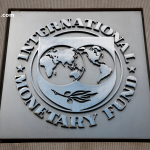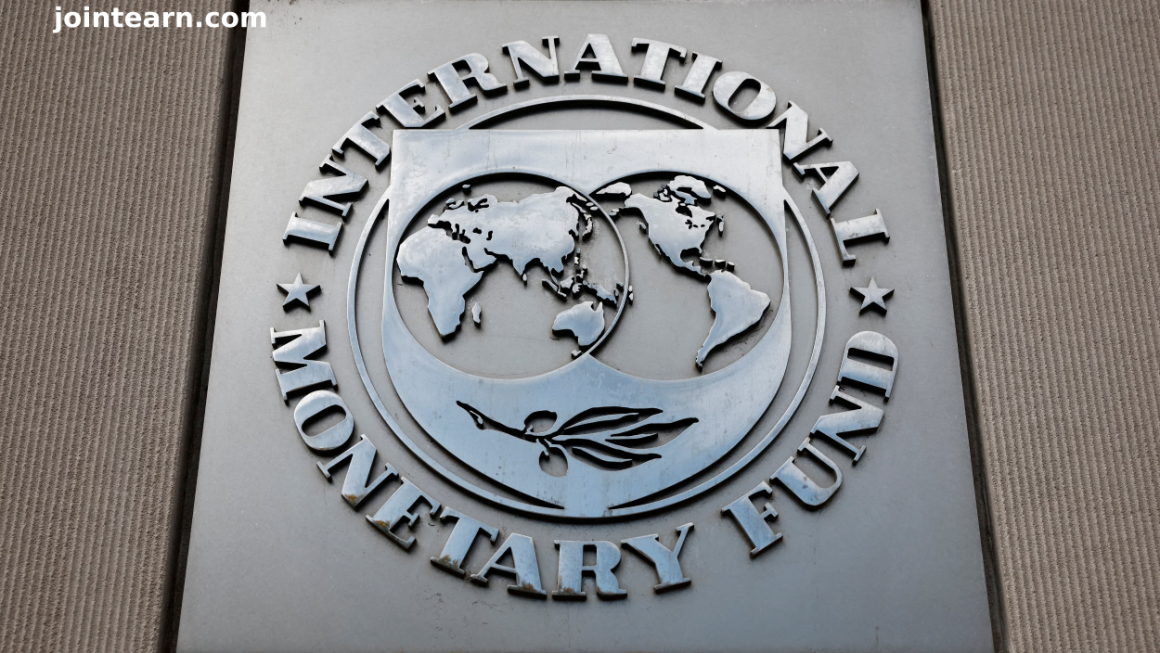Germany’s private sector has slipped back into contraction in April, impacted by challenges in the service sector and growing trade-related uncertainty, though manufacturing remains somewhat resilient, according to the latest Purchasing Managers’ Index (PMI) survey.
The HCOB German flash composite PMI, compiled by S&P Global, fell to 49.7 in April, down from 51.3 in March. This marks its lowest point since December and places it below the crucial 50.0 threshold that separates economic growth from contraction.
Economic Slowdown in Germany
Analysts had predicted a reading of 50.4, signaling a sharper downturn. The decline was primarily driven by a downturn in the service sector, which saw its business activity drop to 48.8, the fastest rate of decline since February 2024.
Meanwhile, Germany’s manufacturing sector showed some resilience, with output expanding for the second consecutive month, though at a slower pace. Manufacturing’s PMI dropped slightly to 48.0, down from 48.3 in March. Despite the slight decline, new orders in manufacturing showed modest growth, partly due to frontloading of orders and stock building.
Impact of US Tariff Policies on Germany’s Economy
The downturn in Germany’s economy reflects challenges in its export-driven growth model, exacerbated by US tariff policies. However, Cyrus de la Rubia, chief economist at Hamburg Commercial Bank, noted that while the trade tensions with the US have caused some uncertainty, they have not yet led to a major slump in German manufacturing.
Revised Economic Outlook for Germany
Germany is set to revise its economic growth forecasts downward later this week, with sources indicating that the German government may forecast economic stagnation in 2025, following two consecutive years of contraction. The adjustment reflects the ongoing struggles of the private sector amid global trade tensions.












